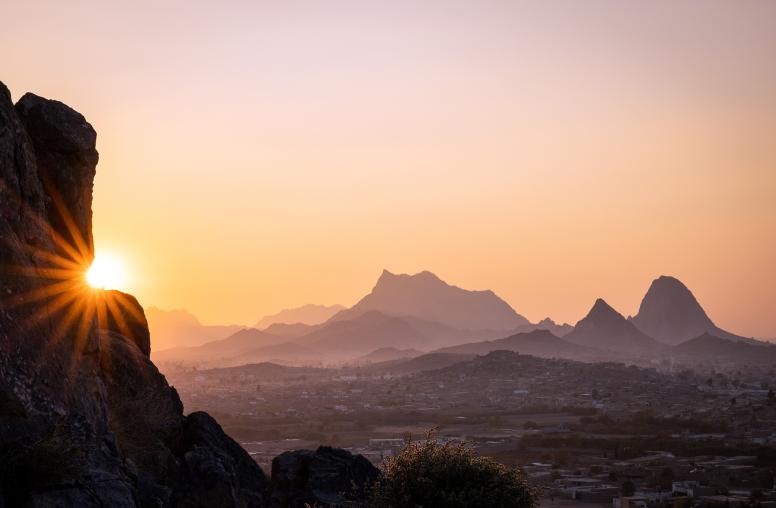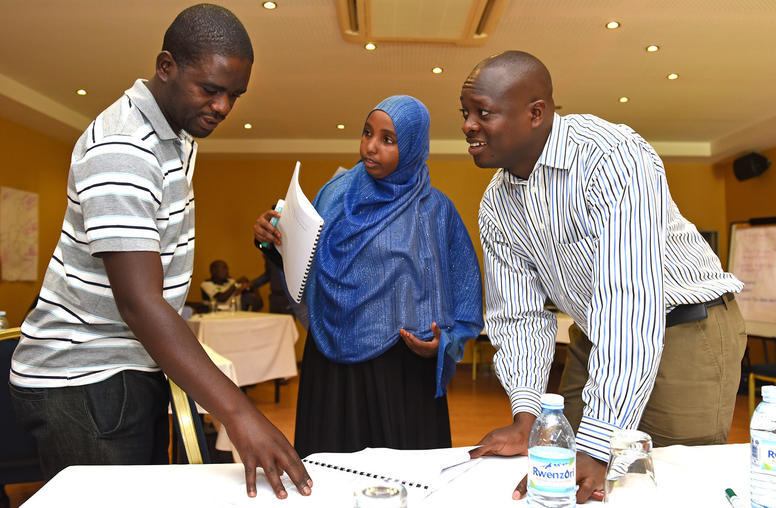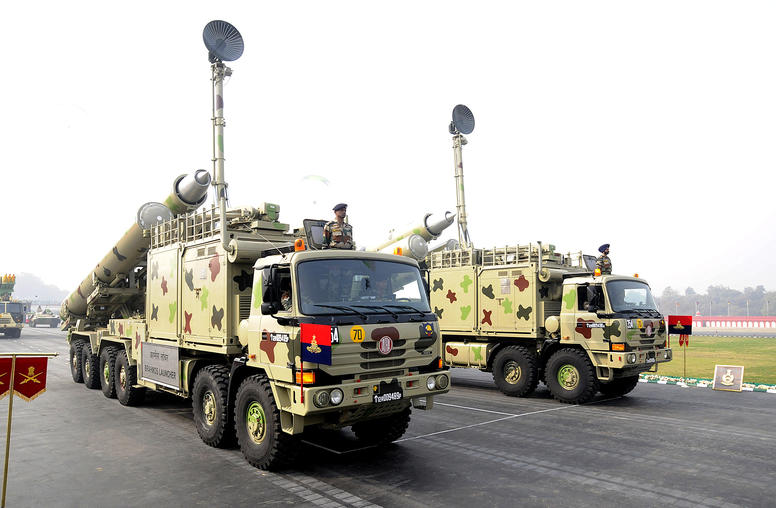 Pakistan
Pakistan
Growing intolerance for diversity and limited state capacity to prevent, manage and resolve conflict in Pakistan have led to increased violence and extremism in the country. The U.S. Institute of Peace supports a network of local organizations in testing the use of media, arts, culture, and education as tools of engagement for peacebuilding. The Institute also works on police and judicial reform, supports initiatives to strengthen democratic institutions and governance, and promotes women’s voices in security sector policymaking. Evidence-based research and analysis provides guidance for policymakers and practitioners.
Learn more in USIP’s fact sheet on The Current Situation in Pakistan.
Featured Publications

Senior Study Group on Counterterrorism in Afghanistan and Pakistan: Final Report
When announcing the US withdrawal from Afghanistan in April 2021, President Joe Biden identified counterterrorism in Afghanistan and Pakistan as an enduring and critical US national security interest. This priority became even more pronounced after the Taliban’s return to power in August 2021, the discovery of al-Qaeda’s leader Ayman al-Zawahiri in Kabul less than a year later, and the increasing threat of the Islamic State of Khorasan (ISIS-K) from Afghanistan. However, owing to the escalating pressures of strategic competition with China and Russia, counterterrorism has significantly dropped in importance in the policy agenda.

Why Counterterrorism in Afghanistan and Pakistan Still Matters
From wars in Ukraine and the Middle East to rising tensions in the South China Sea, there is no shortage of crises to occupy the time and attention of U.S. policymakers. But three years after the U.S. withdrawal from Afghanistan, the threat of terrorism emanating from South Asia remains strong and policymakers need to be more vigilant. Indeed, at the end of March, an Afghanistan-based affiliate of ISIS launched a devastating attack outside of Moscow, killing over 140 people.

As Fragile Kashmir Cease-Fire Turns Three, Here’s How to Keep it Alive
At midnight on the night of February 24-25, 2021, India and Pakistan reinstated a cease-fire that covered their security forces operating “along the Line of Control (LOC) and all other sectors” in Kashmir, the disputed territory that has been at the center of the India-Pakistan conflict since 1947. While the third anniversary of that agreement is a notable landmark in the history of India-Pakistan cease-fires, the 2021 cease-fire is fragile and needs bolstering to be maintained.
Current Projects

Senior Study Group on Counterterrorism in Afghanistan and Pakistan
In 2022, the U.S. Institute of Peace convened a senior study group to examine the evolving threat landscape and counterterrorism challenges in South Asia. The bipartisan study group brought together experts of counterterrorism strategy, diplomacy, intelligence and South Asia to assess terrorism risks from Afghanistan and Pakistan and put forth policy options for future counterterrorism efforts in the region.

Youth Advisory Council
Built upon the belief that youth bring significant and unique insight to peacebuilding, the U.S. Institute of Peace’s Youth Advisory Council (YAC) provides a mechanism through which USIP experts can benefit from youth perspectives and expertise. The YAC enables USIP staff to engage youth as partners, experts, and practioners while elevating youth voices and experience to the international level. The YAC contributes to USIP’s vision for an inclusive approach to peacebuilding. The Youth Advisory Council meets regularly to bring together youth thought leaders and peacebuilding experts committed to the Institute’s mission and activities.

Senior Study Group on Strategic Stability in Southern Asia
Beginning in June 2021, USIP convened a group of senior experts to assess concerns that recent geopolitical and technological trends increasingly threaten the tenuous stability of Southern Asia. Over seven virtual plenary sessions, the senior study group assessed the changing capabilities, doctrines, threat perceptions and crisis response behavior of the main regional nuclear actors. Their final report summarizes those findings, considers U.S. policy options and identifies priority recommendations for the resolution or mitigation of core disputes, the enhancement of regional strategic stability, and the management of potential future crises.